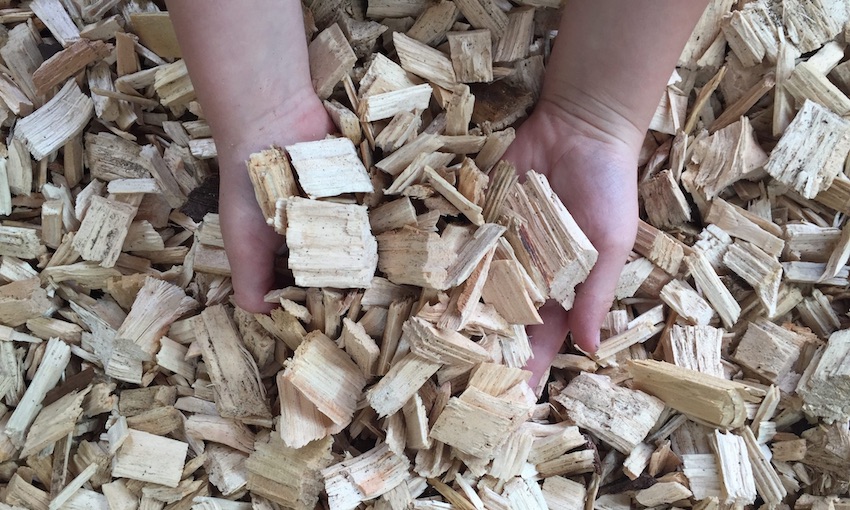A COMPANY that has acquired the sawmill and forested land previously owned by the Sweetman family near Cessnock in New South Wales, has plans to export up to 60,000 tonnes of woodchips from the Port of Newcastle to Japan for burning in power plants.
The company, known as Sweetman Renewables, also has ambitions to produce green hydrogen from biomass.
Its export plans have come under fire from environmentalists who question the green credentials of producing hydrogen from woodchips.
According to a report in The Guardian, Sweetman Renewables has signed a 20-year supply agreement with Sinanen Holdings to supply biomass to four biomass power plants in Japan.
“The company, which is seeking investor backing for its proposal, also says it intends to supply a woodchip-fed hydrogen plant in the Hunter region that it will establish in a joint venture with Singapore’s CAC-H2,” The Guardian reported.
A story by RenewEconomy looking at the whether hydrogen produced using biomass can be defined as “renewable” suggests that it doesn’t stack up environmentally.
The Australian Conservation Foundation’s Suzanne Harter told RenewEconomy that burning wood to make hydrogen comes with its own problems, not the least of which are the emissions produced by the process.
“Burning biomass is not carbon neutral,” Ms Harter reportedly said.
Sweetman Renewables’ projects along with others using wood waste to produce energy have re-ignited debate over whether native forest wood waste should be defined as a renewable source of energy.
The company’s chairman, John Halkett told The Guardian the company is strongly committed to sustainable, certified forest management and the protection of forest biodiversity.
“We are not about felling trees other than those already authorised for harvesting under legal contractual log supply arrangements,” he said.

